10 Best Artemisia Absinthium Preparations
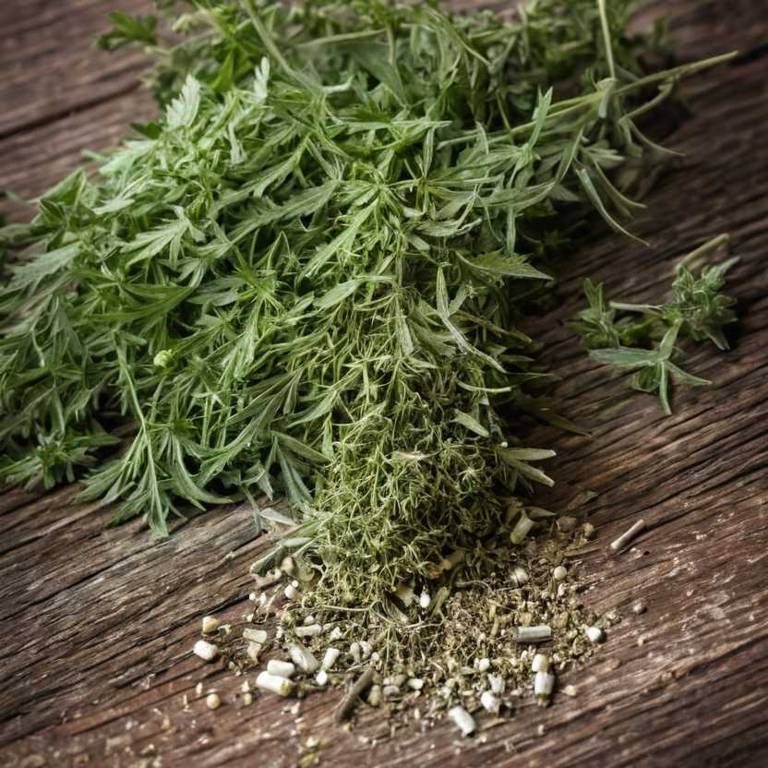
The best medicinal preparations of Artemisia absinthium are tinctures, teas, decoctions, capsules, and oils, each offering unique benefits for health and wellness.
Tinctures provide a concentrated form of the herb, often used for digestive support and detoxification.
Teas and decoctions are popular for their calming effects and ability to ease digestive issues.
Capsules offer a convenient way to consume the herb in standardized doses.
Essential oils derived from Artemisia absinthium are used in aromatherapy to promote mental clarity and relaxation.
Below there's a list of the 10 best herbal preparations of artemisia absinthium for medicinal purposes.
1. Tinctures
Artemisia absinthium tinctures is commonly used to treat digestive issues, including indigestion, bloating, and liver disorders.
These tinctures are also employed to alleviate symptoms of malaria and other parasitic infections due to their antiparasitic properties. Additionally, they are used in traditional medicine to manage fever, inflammation, and even as a remedy for skin conditions. The most common medicinal uses include treating gastrointestinal ailments, parasitic infections, and liver-related conditions.
The bioactive constituents responsible for these effects include compounds such as thujone, artemisinin, and other flavonoids, which exhibit antiparasitic, antispasmodic, and hepatoprotective properties.
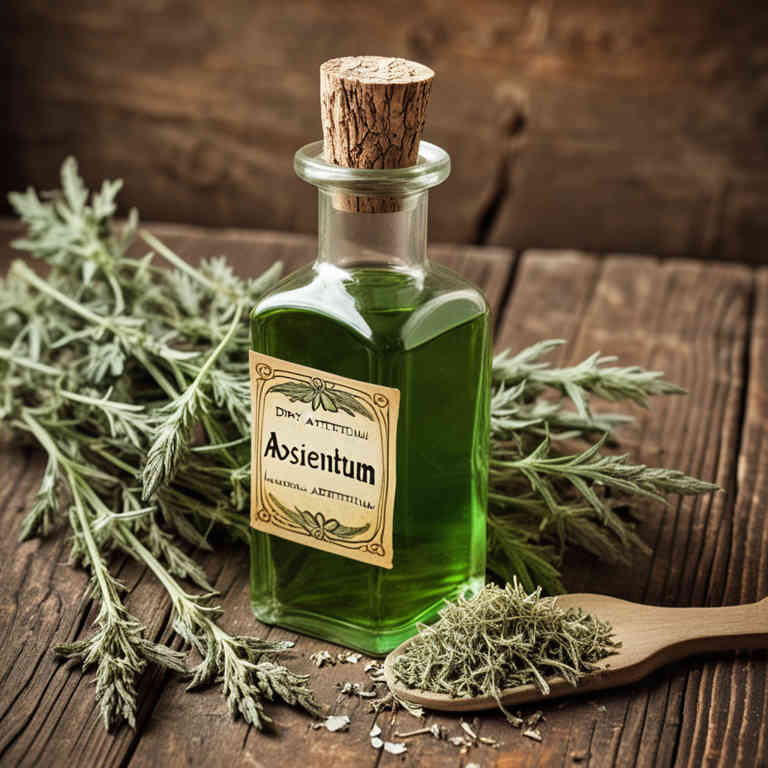
2. Teas
Artemisia absinthium teas is commonly used to support digestive health, alleviate symptoms of digestive disorders, and promote detoxification.
The most common medicinal uses of this herbal preparation include treating ailments such as indigestion, nausea, liver inflammation, and parasitic infections. It is also traditionally used to manage fever and as a vermifuge to expel intestinal worms. The bioactive constituents responsible for its medicinal properties include compounds like thujone, flavonoids, sesquiterpene lactones, and essential oils, which exhibit antimicrobial, anti-inflammatory, and hepatoprotective effects.
These components contribute to its traditional use in supporting liver function and digestive wellness.
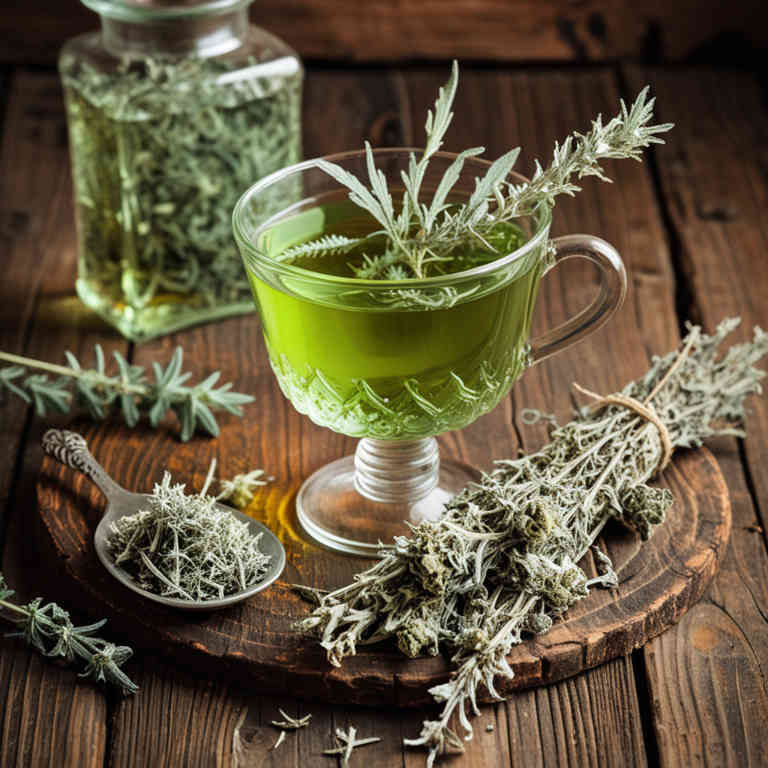
3. Decoctions
Artemisia absinthium decoctions is commonly used to treat digestive issues, fever, and parasitic infections.
These preparations are often employed to alleviate symptoms of indigestion, bloating, and nausea due to their carminative and antispasmodic properties. They are also used in traditional medicine to manage malaria and other febrile conditions. The bioactive constituents responsible for these effects include flavonoids, sesquiterpene lactones, and volatile oils, which exhibit antimicrobial, antiparasitic, and antipyretic activities.
Additionally, the bitter compounds in the decoction stimulate digestive secretions and improve overall gastrointestinal function.
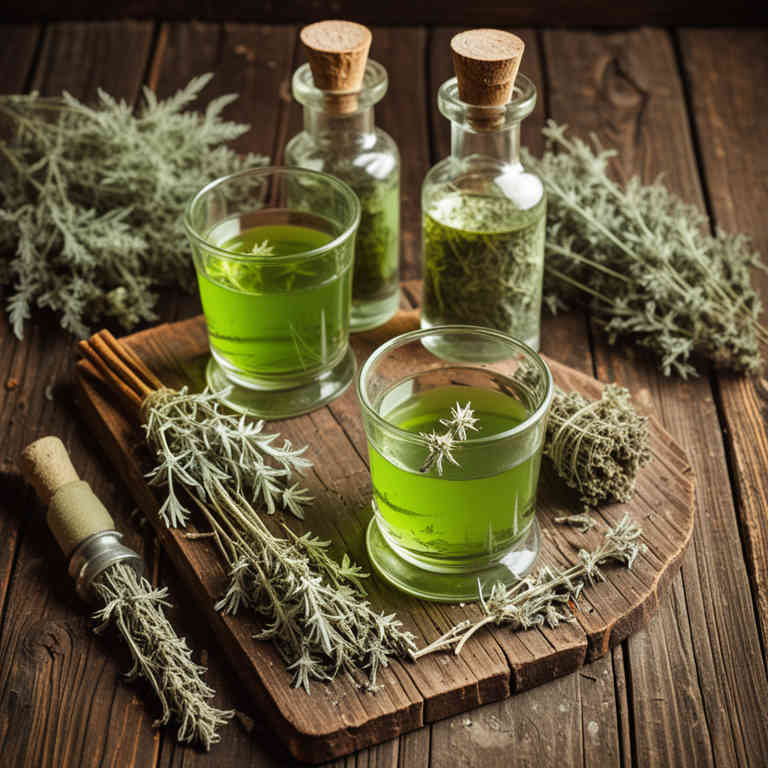
4. Capsules
Artemisia absinthium capsules is commonly used to support digestive health, alleviate symptoms of malaria, and manage parasitic infections.
These capsules are often employed to treat ailments such as indigestion, intestinal parasites, and feverish conditions. The bioactive constituents responsible for its medicinal properties include compounds like thujone, artemisinin, and flavonoids, which possess antiparasitic, antimalarial, and anti-inflammatory effects. Additionally, the herb is believed to have vermifuge properties that help expel intestinal worms.
Due to its potent compounds, Artemisia absinthium capsules are used with caution and under professional guidance.
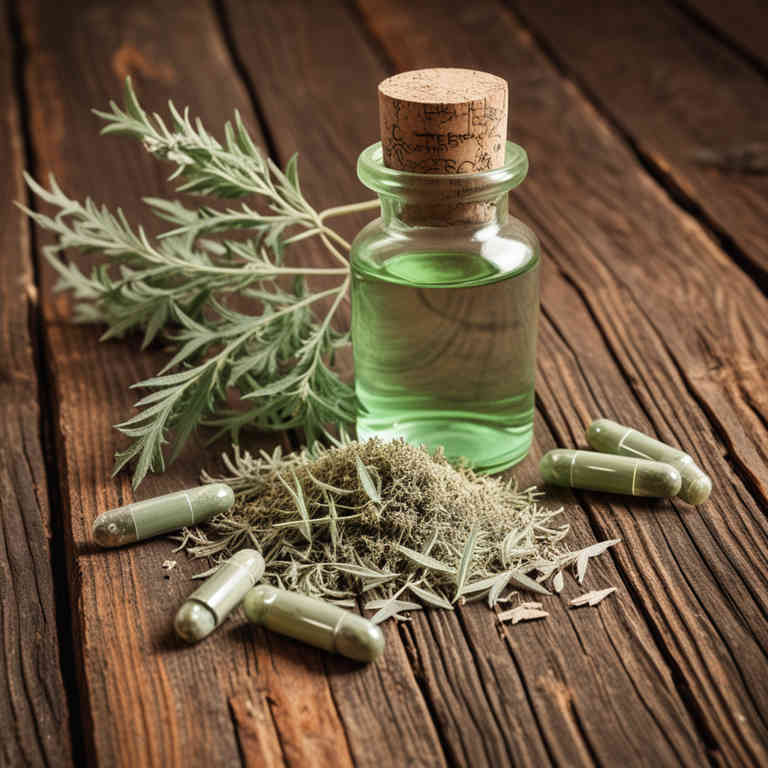
5. Oils
Artemisia absinthium oils is commonly used to treat digestive issues, insomnia, and skin conditions.
This herbal preparation is often employed for its antispasmodic, antiparasitic, and sedative properties. It is traditionally used to alleviate symptoms of indigestion, bloating, and gastrointestinal parasites. The bioactive constituents include compounds such as thujone, cineole, and sesquiterpene lactones, which contribute to its medicinal effects.
These constituents are responsible for its ability to soothe the nervous system and support digestive health.

6. Creams
Artemisia absinthium creams is commonly used to treat skin conditions and inflammatory disorders.
These creams are often applied topically to alleviate symptoms of eczema, psoriasis, and fungal infections. The most common medicinal uses include reducing inflammation, soothing irritated skin, and combating microbial infections. The bioactive constituents responsible for these effects include flavonoids, sesquiterpene lactones, and essential oils, which exhibit anti-inflammatory, antimicrobial, and antifungal properties.
These compounds work synergistically to provide the therapeutic benefits associated with Artemisia absinthium in topical formulations.
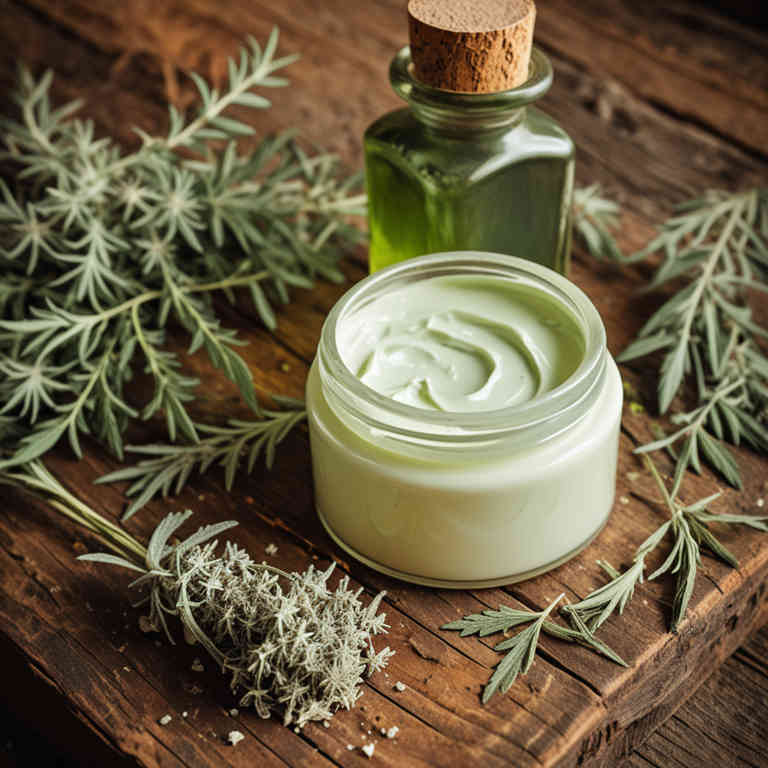
7. Syrups
Artemisia absinthium syrups is commonly used to treat digestive disorders, including indigestion, bloating, and nausea.
These syrups are also traditionally used to alleviate symptoms of malaria and other parasitic infections due to their antiparasitic properties. Additionally, they are sometimes employed to support liver function and detoxification processes in the body. The most common medicinal uses include treating gastrointestinal issues, parasitic infections, and as a natural remedy for fever and inflammation.
The bioactive constituents responsible for these effects include compounds such as thujone, artemisinin, and other essential oils, which exhibit antimicrobial, antiparasitic, and hepatoprotective properties.
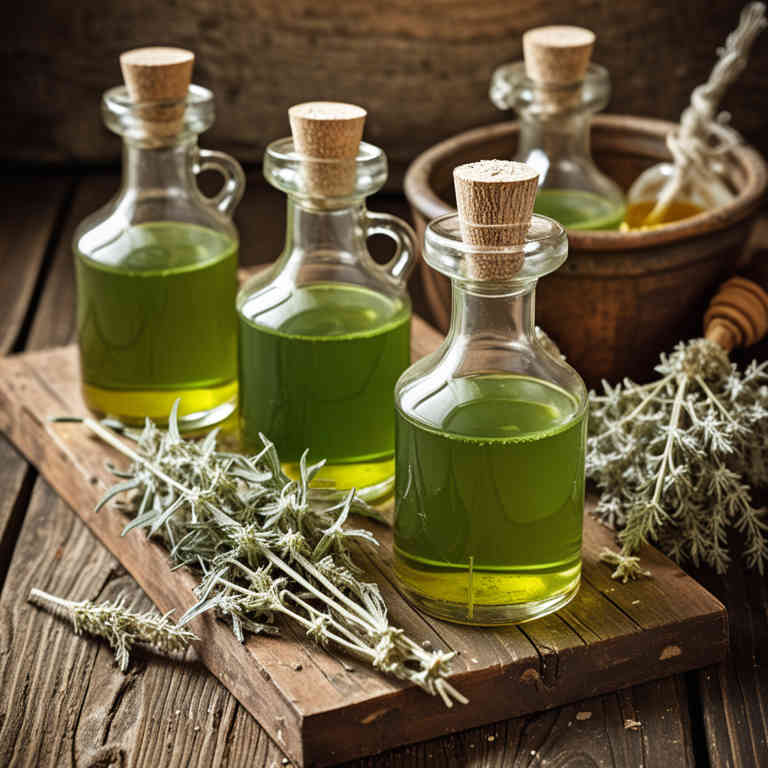
8. Oinments
Artemisia absinthium oinments is commonly used to treat skin conditions, digestive issues, and parasitic infections.
These ointments are often applied topically for their antiseptic and anti-inflammatory properties, helping to soothe wounds, reduce inflammation, and combat fungal or bacterial infections. Internally, they may be used to alleviate symptoms of digestive disorders such as indigestion and bloating. The most common ailments treated include eczema, psoriasis, intestinal parasites, and gastrointestinal discomfort.
The bioactive constituents responsible for these effects include flavonoids, sesquiterpene lactones, essential oils, and volatile compounds that exhibit antimicrobial, antiparasitic, and anti-inflammatory activities.

9. Liniments
Artemisia absinthium liniments is commonly used to treat skin conditions, digestive issues, and respiratory ailments.
These liniments are often applied topically to relieve pain, inflammation, and muscle aches, while internally they may help with indigestion and liver support. The most common medicinal uses include treating eczema, arthritis, and gastrointestinal discomfort. The bioactive constituents responsible for these effects include compounds like thujone, cineole, and flavonoids, which have antispasmodic, anti-inflammatory, and hepatoprotective properties.
However, due to the presence of thujone, which can be toxic in high doses, these preparations should be used with caution and under professional guidance.
